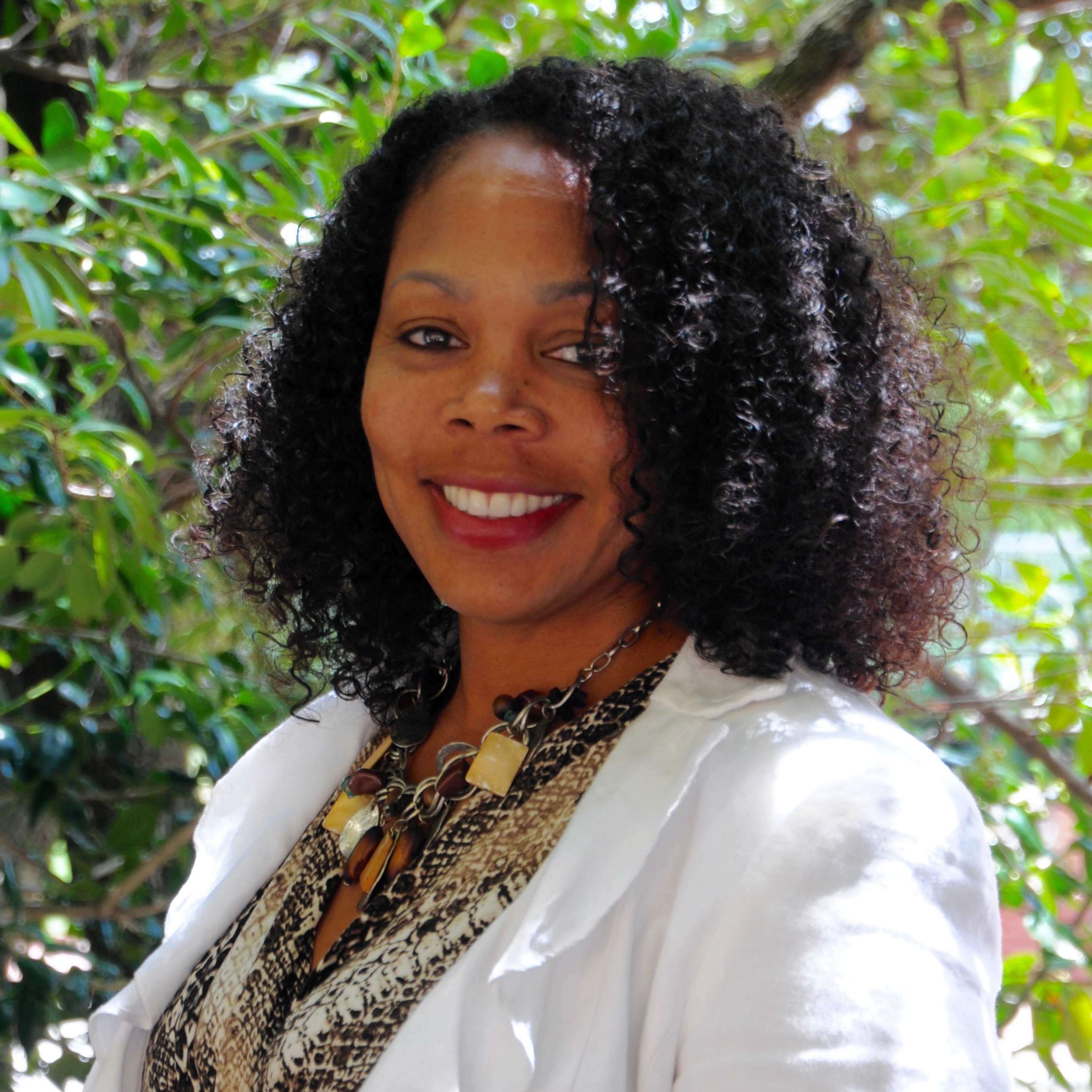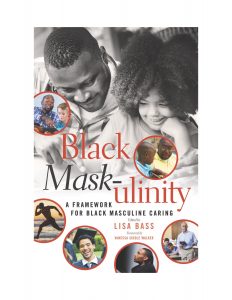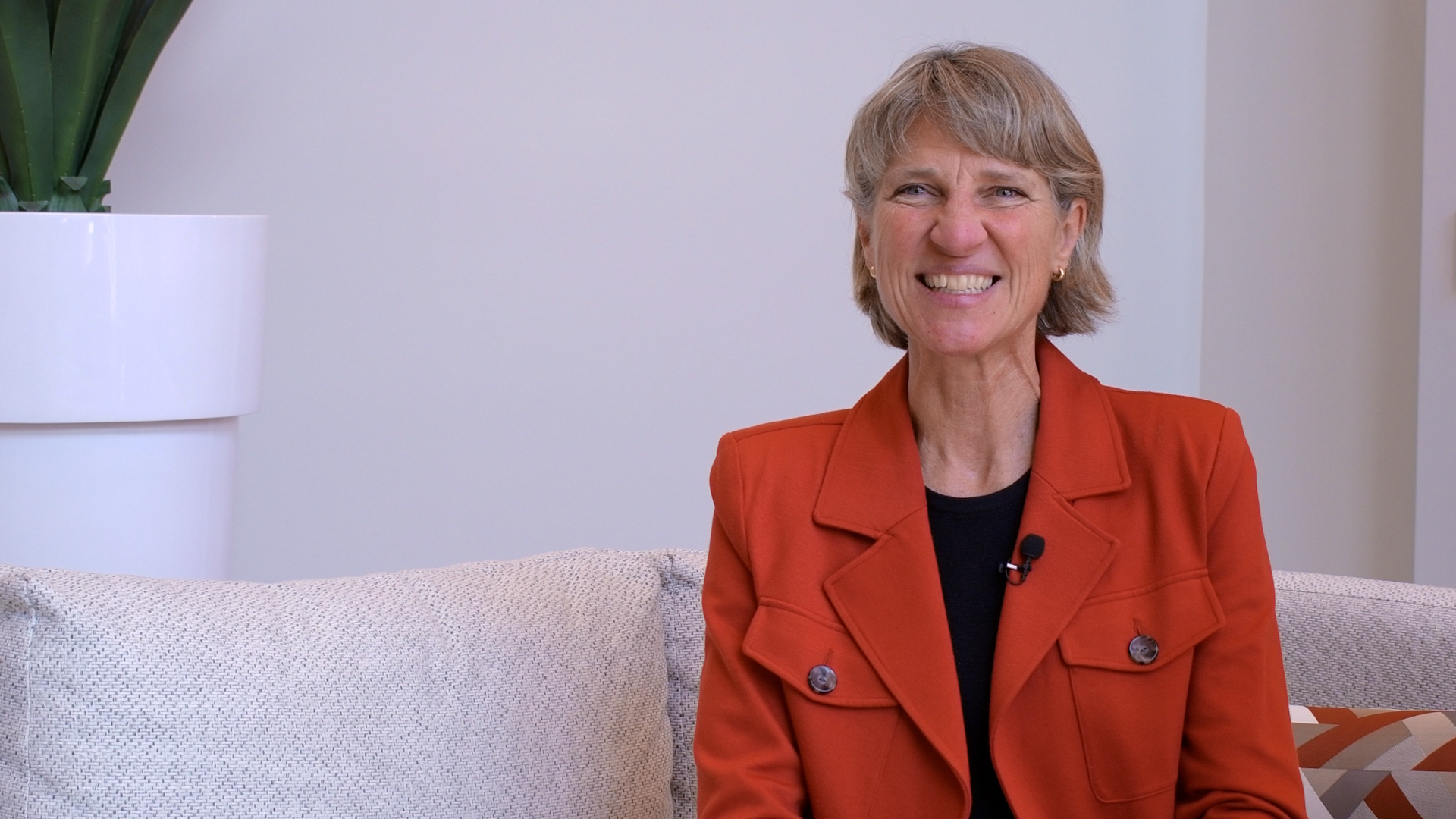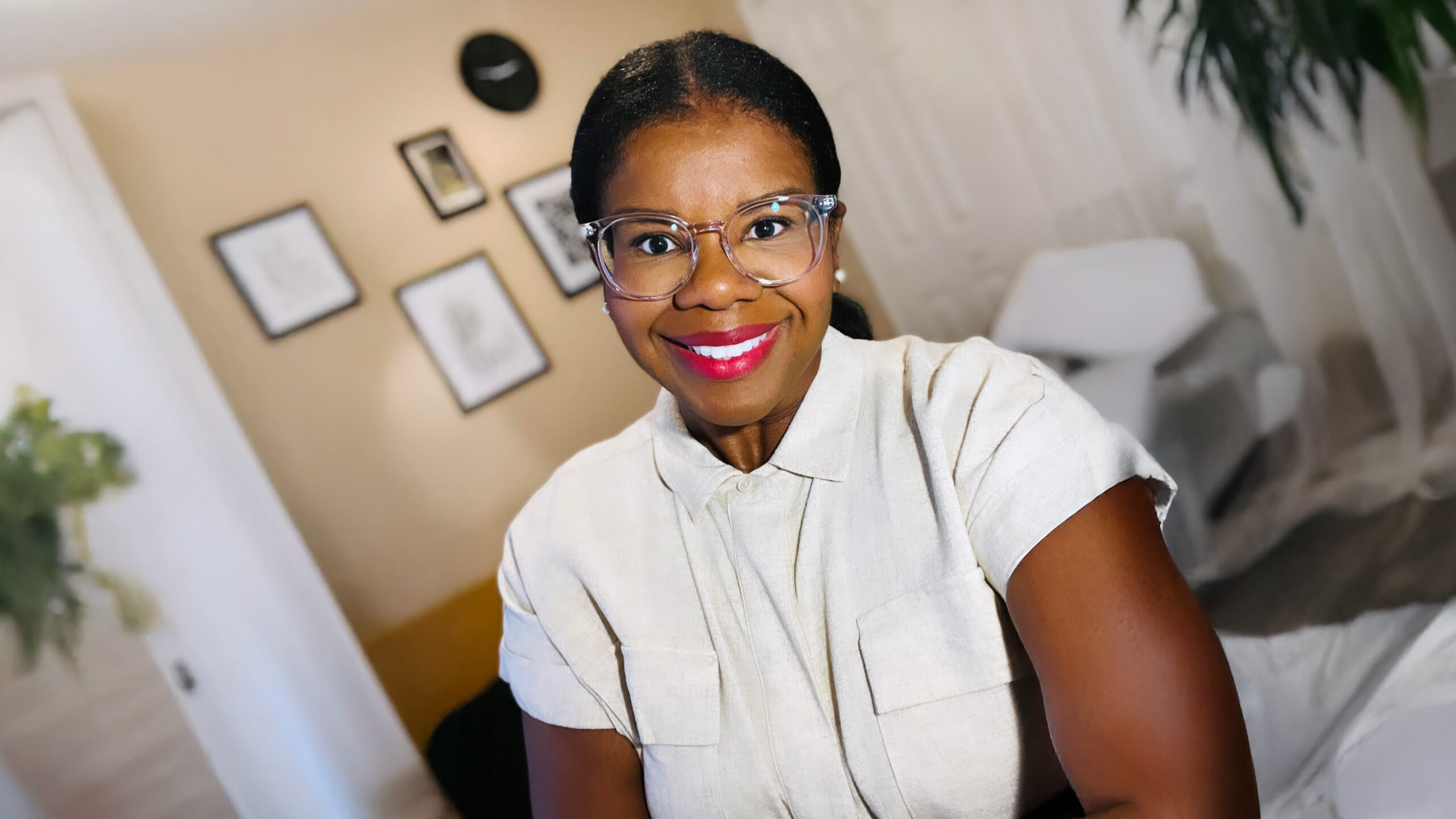Spotlight on Lisa Bass, Author of New Book on Black Masculine Caring

Lisa Bass, assistant professor in the Department of Educational Leadership, Policy and Human Development, authored and edited the recently-released Black Mask-ulinity: A Framework for Black Masculine Caring. Published by Peter Lang, the book engages readers in an analysis and understanding of Black Masculine Caring (BMC), an emerging theoretical framework that examines both how black males express care and what types of care they need to thrive.
We spoke with Bass on the concept of BMC, and how this framework can impact educational and leadership experiences for black males.
What is Black Masculine Caring?
The Black Masculine Caring (BMC) framework was developed as a result of my interest in how black males care, and how they need to be cared for. I felt this topic was not only relevant, but necessary because black males are becoming casualties of U.S. educational and social systems. Several themes emerged through the study of the caring styles and needs of black males. The black masculine framework considers notions of why and how black men care. Notions of spirituality, fatherhood, rough love as care, mentoring and the internal need to demonstrate care emerged as themes when interrogating the ways in which black men demonstrate care. When considering how black males needed to be cared for, themes such as fatherhood, mentoring, relationship and respect emerged.
A counter-theme I discovered is that black men often do not feel free to demonstrate care because of the societal images and expectations of black males. Therefore, some men feel they have to mask their caring in order to maintain leadership positions.
Why is BMC integral to the educational and leadership success of black males?
Black Masculine Caring is integral to the educational and leadership success of black males, as the act of caring seeks to meet the needs of black males. Black males achieve at higher rates, complete school at higher rates and manifest fewer discipline problems when their psychosocial and academic needs are met. This BMC framework is important because black males have a unique set of needs as a result of the historical and current social injustices they experience. Arguably, males of no other race have faced more discrimination, or are more feared and/or negatively stereotyped than the African-American male.
The caring needs of black males further need to be considered in the contexts of leadership and the education of black males so that they do not continue to repeat unnecessary cycles of underachievement, excessive disciplinary challenges, and senseless violent episodes in their schools and greater society. Likewise, African-American male leaders possess a unique skillset that empowers their leadership in several unique ways when they can be free to care. Black male leaders are spiritual, they are fathers and mentors, they practice rough love as care, when necessary, and they pride themselves in caring for their students. One major impediment to the free expression of BMC is the fact that societal perceptions and expectations can tie the hands of black male administrators who are hired expressly to ‘scare students and/or staff straight’, rather than demonstrate the care that they wish to share.
How does a greater understanding of BMC work to ensure equity in the classroom for both teachers and students?
A greater understanding of the BMC work will provide further understanding of the black male experience and their unique need for care. This understanding will mark a base point, or jumping off place, for further exploration of black male students so that teachers, school leaders, and other stakeholders learn to care for black males in ways that they can appreciate.
This understanding will lay the groundwork for an equitable pedagogy, which will allow for black male students to be treated the way they need to in order to be successful students. The BMC work can also provide clarity for teachers who have a black male school leader. Understanding of the BMC framework will help teachers understand their leader’s motivation for their leadership style, and the decisions they make, which will ultimately result in a stronger partnership.
What can higher education leaders do to foster BMC within their institutions?
Higher education leaders can foster BMC in their institutions by practicing institutional care. Institutional caring, discussed in Chapter 9, is the adoption of caring institutional policies and practices. Examples of institutional policies and practices that would foster BMC include instituting effective orientation and mentoring programs. It is not enough to have programs, but they must be effective for the population for which they are intended.
Learning what is effective for a particular group includes asking members of the target population what would be effective, asking previous leaders of the group, and by observing the group over time. Other policies might include instituting support groups for study and/or socialization. Yet another step would be to honor and respect the groups, and to take their experiences and feedback seriously. Practices such as those mentioned in Chapter 9, which referred to the institutional care of John Hope Franklin, included establishing relationships with students, getting to know their individual needs, and meeting those needs, whether personal or financial.
Finally, policies that render mercy when students make mistakes, rather than zero tolerance, are also recommended. Students are young, and sometimes make decisions that are less than perfect, like young people often do. Policies that do not condemn students for minor infractions (those that do not harm others), but that use mistakes as learning experiences, as is seen in restorative justice, demonstrates institutional care. Disciplinary systems have historically been tougher on black males, so we need to revisit disciplinary policies for fairness, their impact overall, and particularly on the outcomes of black males. These approaches were successful for John Hope Franklin, discussed in chapter 9, and would likely also be successful in contemporary times!
What do you hope this book will accomplish?
My hope is that attention is brought to the fact that black males are misunderstood in our society due to incorrect and/or exaggerated societal stereotypes. Black men are caring fathers, mentors, citizens, and leaders. I want to bring to the fore that not only do black men care, but that they sometimes manifest care differently from others due to their unique experiences. I further hope to bridge the gap between fact and fiction for young black males by noting that the way to improve their situation is to begin to care for them in the ways they need to be cared for. Black males need fathering, mentoring, relationship and respect, and I hope this book motivates those in positions to make the difference by filling these gaps to do so.
- Categories:



